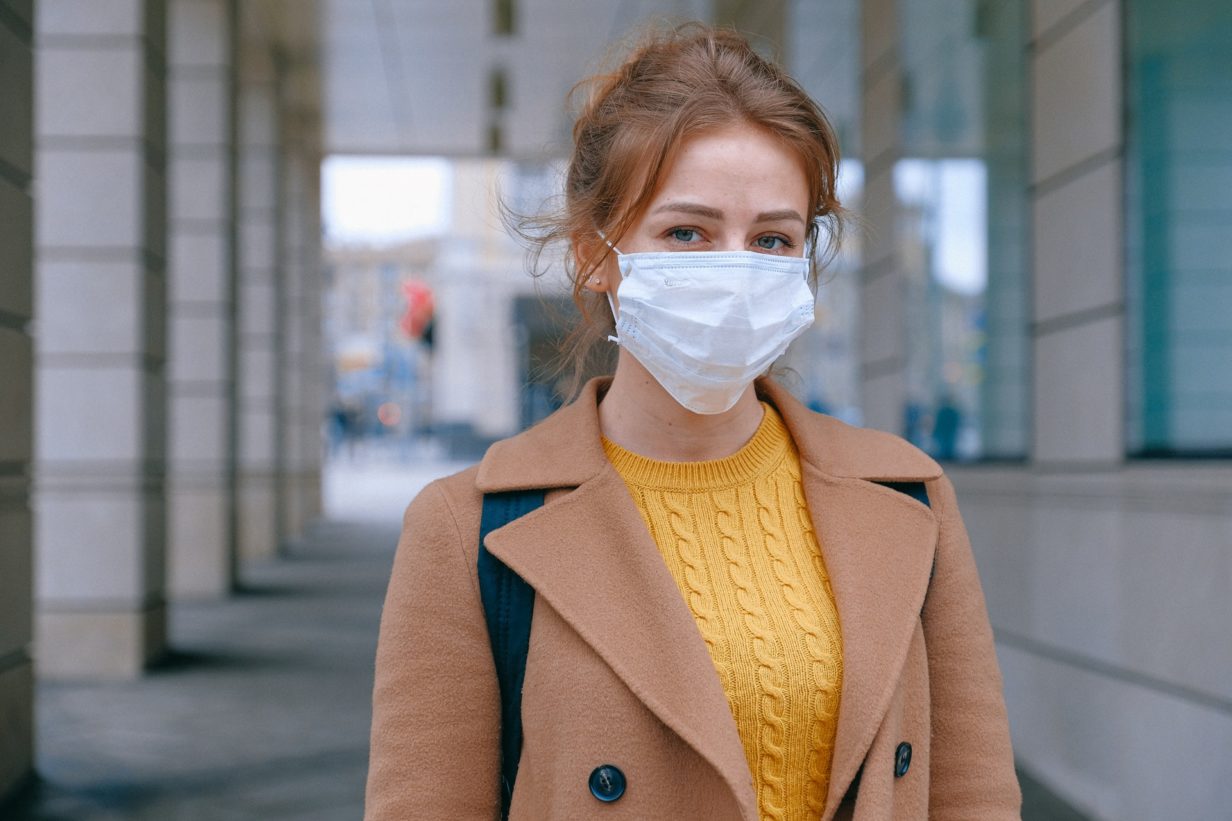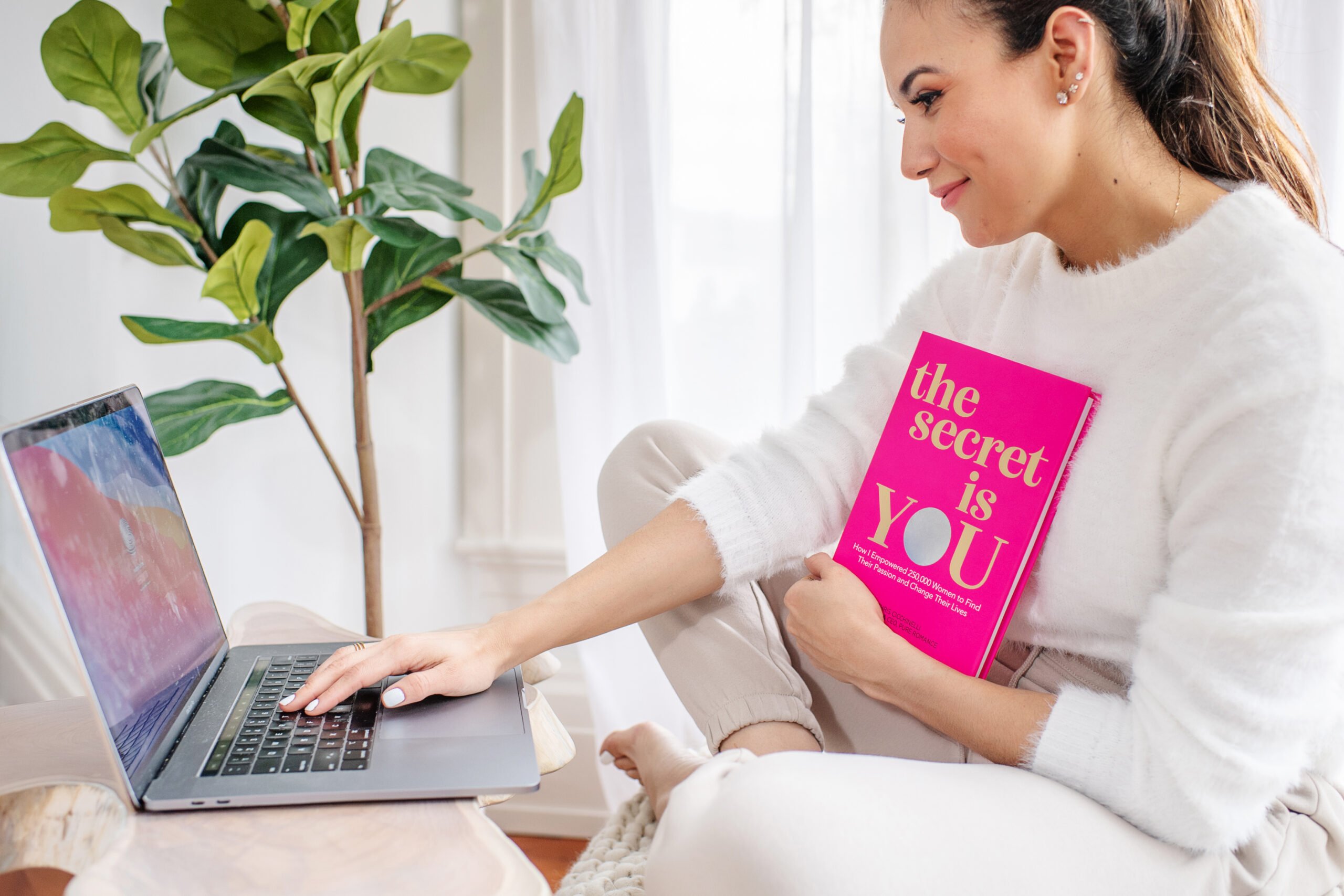The current pandemic caused by the threat of COVID-19 has affected the lives of people in hundreds of countries with millions of confirmed cases being reported all over the world. Americans already report high levels of stress, with 83% of working adults facing stress related to their job, according to the American Institute of Stress. Before the pandemic, Gallup reported an estimated 55% of Americans were stressed during their day. But these stress levels are taking a new shape with the added strain of the coronavirus and the effects of the pandemic. That’s why online counseling outlets like Talkspace are more important than ever.
A poll by the Kaiser Family Foundation reports 4 in 10 American adults are specifically worried about COVID-19 and say it is impacting their mental health. This is in addition to typical stress levels for most people, so the strain has intensified. People are unsure about how to cope and looking for additional help.
This has led to many seeking online therapy treatments where they can talk to professionals about their struggles and get support. But many offices are trying to avoid seeing patients to keep exposure levels at bay. This has led to virtual tools that allow remote sessions over the phone or video platform.
Patients can now get help from professionals via online tools that still provide privacy and real-time support. People feeling overwhelmed during the lockdown are looking for video sessions and text-based consultations from professionals who can help them manage that stress.
Talkspace has reported an increase of 65-70% of new clients that are seeking treatment. Talkspace saw a rise in both Apple iOS, and Android versions of their therapy app. Dr. Neil Leibowitz is the Chief Medical Officer at Talkspace and told the associated press:
“We’re seeing growth coming from every aspect of people seeking help. We’re seeing people with anxiety about coronavirus or things related to friends and family and keeping them safe. A lot of people are coming in with anxiety related to their economic circumstances. And then what’s been popping up more and more as we get deeper into social distancing and stay at home orders has been couples seeking counseling or help with relationships.”
Stress can lead to a number of severe health problems and symptoms. When a person struggles with excessive amounts of stress, they can have trouble sleeping and may not easily get into a relaxed state. Stress can lead to headaches, irritability, rashes, raised blood pressure levels, mental fogginess, feeling physically sick, and more.
Most adults are concerned about how the pandemic affecting their day-to-day life, as well as big events. Seniors are unable to walk for high school or college graduation. Students are missing large performances and sporting events. Parents are watching their children become stressed and frustrated themselves with a lack of connection since they aren’t allowed to visit their friends or go do normal activities.
Those who don’t have kids are still feeling the pressure. Couples face a new strain on their relationship from the changes that the coronavirus epidemic brings. Those who live with roommates are finding that the strain makes it harder to deal easily with others.
Some are stuck home by themselves as single adults, feeling even more isolated and alone because they don’t have immediate family or roommates.
The impacts of feeling lonely or crowded are taking a toll on the average American adult. But money and time are issues that have been impacted by COVID-19 as well.
While some are stuck at home most of the time together due to furlough, others are considered essential and may be working even longer hours than normal. This means that some are very stressed about money, while others are more stressed about their time, responsibilities, and exposure levels.
Meatpacking plants are being shut down because of increased levels of COVID-19 are spreading rapidly among workers and nurses are afraid of getting sick—especially when they aren’t provided with the correct personal protective gear.
But those who aren’t working are likely collecting a part of their salary in unemployment and feeling stress about how this virus is impacting the economy and their job.
All this stress has led to a need for outside help. Leibowitz remarks, “For a lot of people going through this, what they need is a brief intervention to help them adjust…There are other people for whom this will be a significant episode and launch them into long-term treatment. And the average person coming to us stays for somewhere between three and six months. And we don’t expect it to be significantly different coming through this current situation.”
The need for counsel could last for a long time for some individuals. Online therapy provides easy access to professionals who are able to help talk through the stress and issues surrounding the situation. While some things are exacerbated by COVID-19 complications, many struggles have a much deeper root. The pandemic has caused people to seek outside counsel in order to alleviate the rising pressure of pandemic demands. The standstill has caused many to consider their situations more deeply and they are finding climbing stress rates to go beyond what they can handle on their own.
This may cause a shift in how therapy centers and offices address patients. Leibowitz notes, “Sometimes it may take an event for people to try something new because we’re so stuck in our patterns. It seems so normal to go to an office and seek treatment. And we don’t really think about, ‘Well, why are we leaving work to do this? Why are we sitting four hours to go to an appointment when I can just go on a screen or I can message at any time when I have a 5-minute break?’ So, I think that this could be that inflection point for a lot of people where they really see this is something that is positively changing how they access their care.”
Instead of appointments being cumbersome events, they can also be agile and only applied as-needed. It is likely this option of care could be here to stay. Providers have been pushing for better use of the virtual space and telehealth, but a crisis has pushed that to a new level. Convenient therapy sessions online may be one good thing to come out of the pandemic and will likely last into the future in some form.
Read more about the experience in Talkspace reviews, including this one from Very Well Mind:


